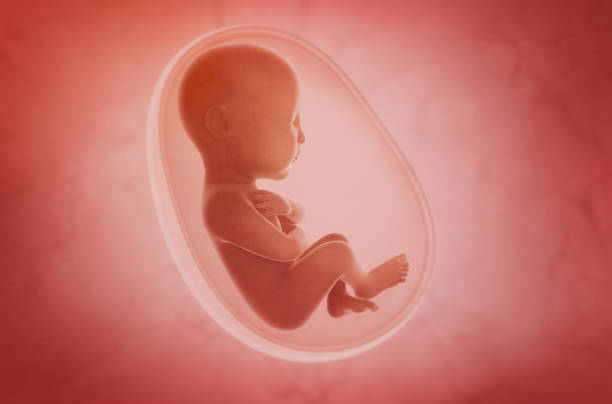In the peer-reviewed journal Diabetes, a team at the University of Colorado Anschutz Medical Campus shined a spotlight on the placenta’s role in the formation of metabolic disorders later in childhood.
In the study, researchers highlighted how 50 percent of adult cases of type 2 diabetes are known to have been caused by exposure within the uterus of pregnant women with a history of the same disease.
Containing 1,410 female participants during a stage of pregnancy, the Healthy Start longitudinal pre-birth cohort study was used to examine this placental role. The participants enrolled experienced pregnancy anywhere between 2010 to 2014.
“Here, we determined the abundance and phosphorylation of protein intermediates involved in insulin signaling, inflammation, cortisol metabolism, protein glycosylation, and mitochondrial biogenesis in placental villus samples from healthy mothers from the Healthy Start cohort,” the study reads.
“Using MANOVA, we tested the association between placental proteins and offspring adiposity (percent fat mass) at birth and infancy, and adiposity, skinfold thickness, triglycerides, and insulin in children,” the co-authors explained in the study.
As shown in the findings, researchers determined that placental IGF-1 receptor protein was associated with serum triglycerides among children. This could result in diabetes or obesity later in life, the study indicated.
Additionally, children who were exposed to other proteins in the placenta were prone to risk factors that resulted in health problems linked to obesity, such as increased fat tissue in certain limbs.
“In conclusion, placental insulin/IGF-1 signaling, PGC-1α, and inflammation pathways were positively associated with metabolic outcomes in 4-6-year-old children, identifying a novel link between placental function and long-term metabolic outcomes,” the study concluded.
The study was authored by Madeline Rose Keleher, Kathryn Erickson, Harry A. Smith, Katerina J. Kechris, Ivana V. Yang, Dana Dabelea, Jacob E. Friedman, Kristen E. Boyle, and Thomas Jansson.


